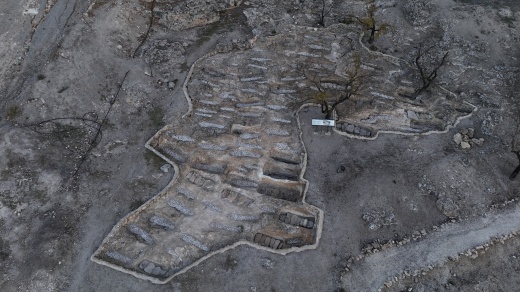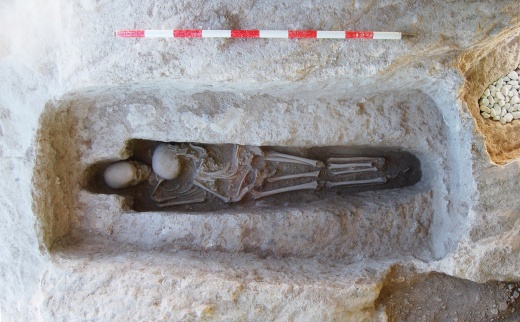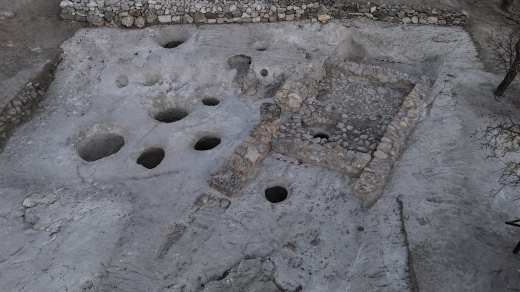The archaeological project at the medieval site of Tózar (Granada, Spain) is one of the few investigations into a rural settlement in the south of the Iberian Peninsula where the presence of a Mozarabic community between the 10th and 12th centuries has been verified.
This research holds great promise for analysing questions about the processes of social Islamization, its spheres of influence, and the resilience of Christian peasant communities. The study of the archaeological remains of the village and the cemetery, where Christian rituals have been documented, reveals, through their material culture, the communities identity and agency. It expresses their religious ideology and allows an understanding of their commercial networks, consumption patterns, and productive activities.


